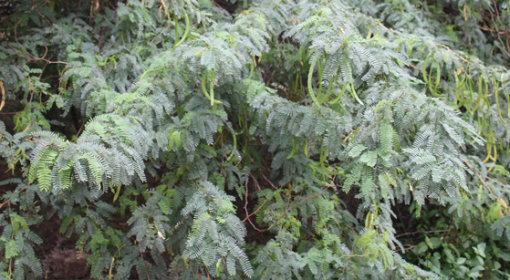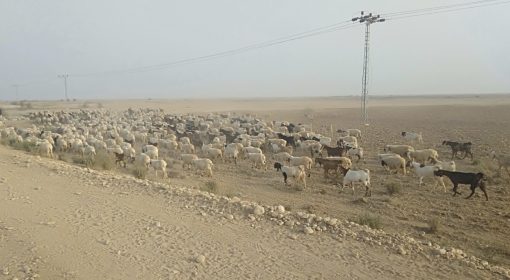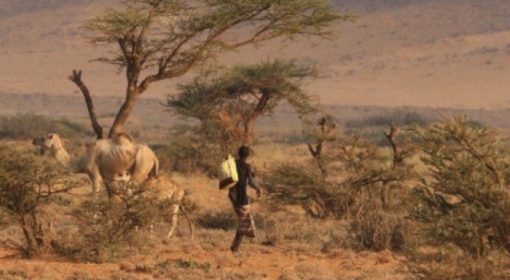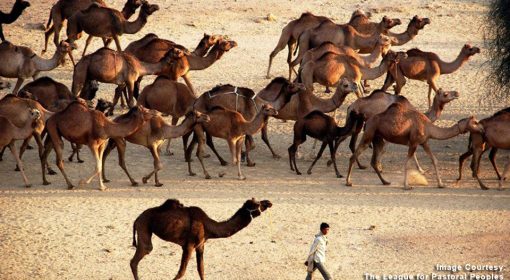By Francesco Sambalino
June 11, 2015
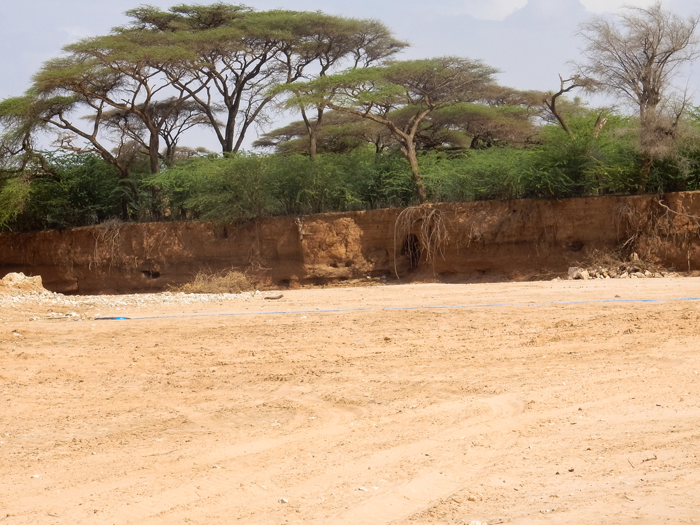
In Somaliland Prosopis Juliflora is quickly gaining ground. Similarly to many other arid and semi arid areas of the Horn, vast stretches of land are being invaded by this thorny invasive bush. Sixty percent of the population of this dynamic country is pastoralist or agro-pastoralist and therefore livestock is not only of vital importance for the weallbeing of most households, it also contributes the biggest share of national exports (85%). Prosopis is spreading mostly in the areas that are prime pastureland for this people and thus affect the local and national economy. Riverbanks, depressions where water collects, are the preferred ground for both livestock and this thorny bush. Unfortunately, after a short time the bush impedes access to both herders and their animals. Injuries to people and animals are commonly reported.
During a meeting (part of HoA-CCP visioning mission) with some members of the rural communities of Haraf, Haared and Hagal, it emerged how some farmers/herders deal with the challenge. They do so in a very ingenious way.
It is common practice to burn livestock dung that piles up in the closures near the homesteads. It is believed that by burning manure the ticks that shelter in it are eliminated and tick borne diseases limited. The core of a burning manure pile can stay hot for many days. Some farmers occasionally use the slow smoldering properties of manure to free their holdings from Prosopis. The process is rather simple. After cutting down the plant, a shallow excavation is done around the base of the stem in order to dug out uppermost part of the rootstock. At this point the dung is piled on top of it and set on fire. The slow continuous smoldering digs its way down in the root system and finally kill the undesired guest.
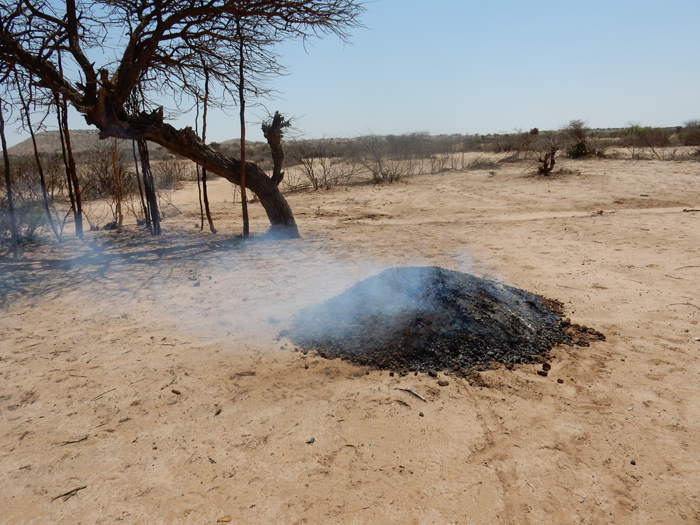
This practice is more common in areas that have been claimed and fenced by single households. On the shrinking communal pasture land Prosopis is harder to control.
Related resources
Somaliland 5 year national plan
Managing Prosopis Juliflora for better (agro-) pastoral Livelihoods in the Horn of Africa
Controlling and / or using Prosopis Juliflora in Spate Irrigation Systems

